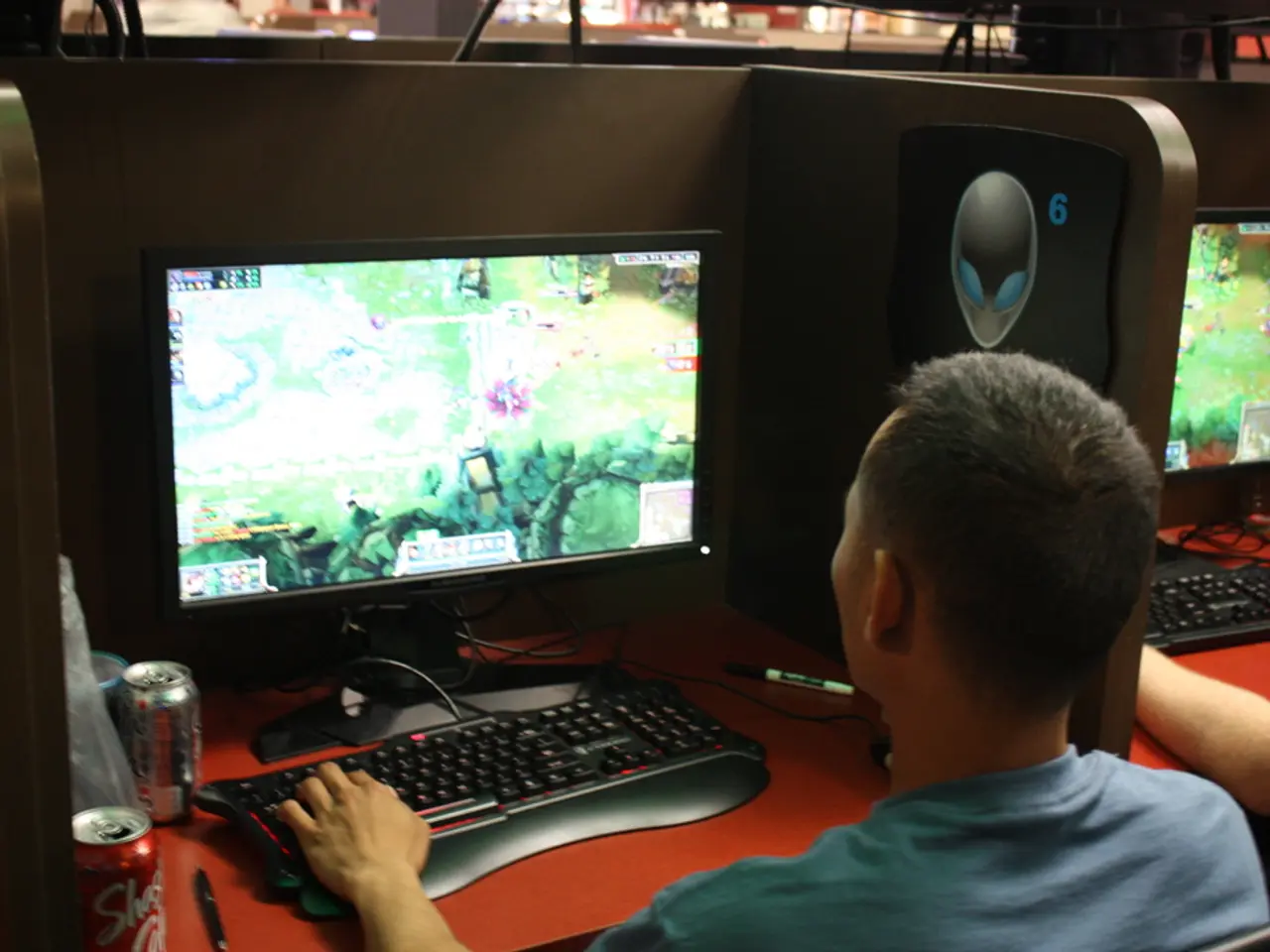Increase in Minors Engaging in Gambling and Video Games in British Columbia Revealed in Recent Study
In a concerning development, a recent study conducted by the University of British Columbia has revealed that a significant number of teenagers in the province are engaging in gambling and money-based gaming activities. The 2023 B.C. Adolescent Health Survey, with a focus on these issues, revealed that 20% of respondents had gambled, marking a 2% increase compared to the previous report.
The study, conducted by the McCreary Centre Society, is based on responses from over 38,200 young people between the ages of 12 and 18 in British Columbia. The data shows that 34% of respondents admitted to participating in at least one of eight gambling or gaming-for-money activities in the past year.
The most common activity reported by youth was using money inside video games. However, traditional gambling methods, such as purchasing lottery tickets, were less popular among teenagers compared to video game purchases. Online sports betting and playing cards and dice online have both significantly increased in the past five years.
University of B.C. professor Elizabeth Saewyc raised concerns about the long-term effects of these activities, stating that "the younger you start, the harder it is to stop." She emphasized that late-night gambling can affect sleep, which in turn impacts mood, memory, and school performance.
Saewyc suggested that families can help by setting limits on electronics at night, encouraging outdoor activities, and talking openly with young people about gambling without judgment. She also noted that 12% of participants said they needed help with problematic gaming that involved real money, while 1% reported needing help with gambling.
The report also shows regional differences, with higher rates of gambling reported in northern B.C., the Interior, and Vancouver Island, while Vancouver Coastal and Fraser had the lowest. Other provinces, such as Quebec, have reported similarly disturbing statistics regarding youth gambling.
The McCreary Centre Society did not track the specific behavior of using money inside video games during the 2021 survey. However, it's important to note that gambling is much easier for young people to access when it's online. The legalization of single-game sports betting for adults in Canada has made gambling more visible and accessible, particularly online.
In light of these findings, it's crucial for parents, educators, and policymakers to address the issue of youth gambling and money-based gaming. By providing support and education, we can help young people navigate these challenges and foster a healthier, more resilient generation.
Read also:
- Understanding Hemorrhagic Gastroenteritis: Key Facts
- Stopping Osteoporosis Treatment: Timeline Considerations
- Tobacco industry's suggested changes on a legislative modification are disregarded by health journalists
- Expanded Community Health Involvement by CK Birla Hospitals, Jaipur, Maintained Through Consistent Outreach Programs Across Rajasthan








